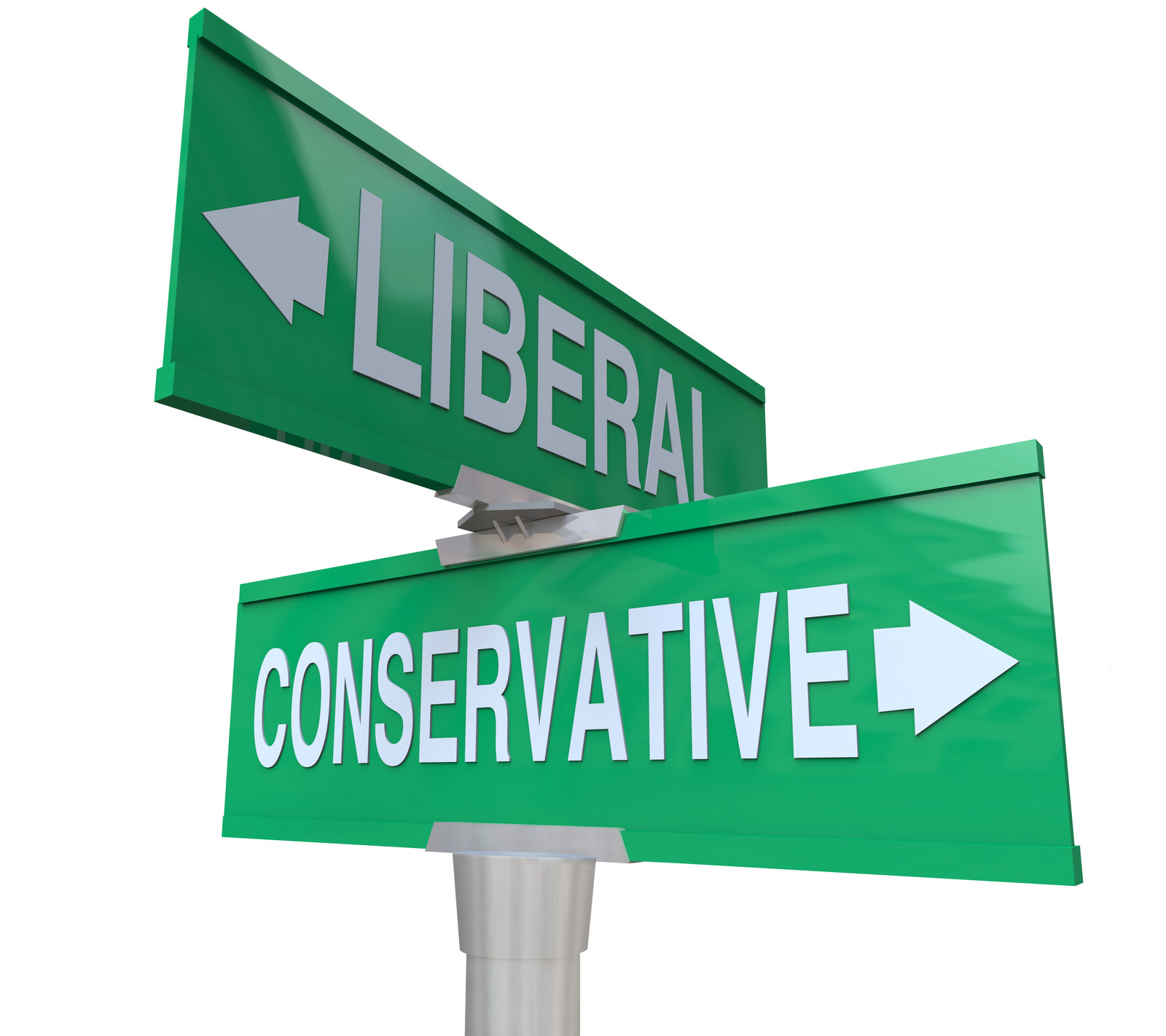The following is part of a comment I made on a different post. I believe it would be helpful for all when trying to bridge the divide between conservative and liberal narratives. Those who are liberal tend not to know how to effectively communicate with conservatives (I know that's a big generalization). Please note that the terms conservative and liberal below apply to the U.S. interpretation, but that many of the ideas cross over into other countries, though the terms may be switched or different:
Liberal Morals and Conservative Morals are always clashing because of they put their emphases on different moral scales. Conservatives use more categories than Liberals and they weigh the importance of the scales differently. Here are some examples of the opposite ends of the liberal/conservative scale taken from The Righteous Mind by Jonathan Haidt:
Liberals drive their moral force primarily from the Care/Harm foundation (Concern for the suffering of victims) and the Liberty/Oppression foundation (a celebration of liberty as freedom FROM oppression, as well as freedom TO pursue self-defined happiness. In the liberal narrative, Fairness is political equality (which is part of opposing oppression). There are only oblique hints of fairness as proportionality. Authority is mentioned only as an evil, and there is no mention of Loyalty or Sanctity (they believe that Loyalty shrinks the moral circle and is the basis for racism and exclusion; Sanctity is religious mumbo-jumbo whose only function is to suppress female sexuality and justify homophobia).
Conservatives do have Care/Harm, but there are very clear and strong references to Liberty (as freedom FROM government constraint), Fairness (as proportionality: taking money from those who work hard and giving it to welfare queens), Loyalty (soldiers and the flag), Authority (subversion of the family and of traditions), and Sanctity (replacing God with the celebration of promiscuity).
This info is most correct in the extreme liberal and extreme conservative groups, but even in less extreme members, there is a lot of those moral stances that they identify with. Also a good place to explore these concepts is YourMorals.org.
These two narratives are as opposed as could be, so in order to talk to and influence the other side, you need to understand what is most important to them and how to speak to them in a way that connects with their morals.
Even though conservatives score slightly lower on measures of empathy and may therefore be less moved by a story about suffering and oppression, they can still recognize that it is awful to be kept in chains. Also, Liberals tend to be less accurate when predicting how a Conservative will answer a fairness question than Conservatives are about Liberals, mostly because of the difference in interpretation of Care/Fairness. Extreme Liberals tend to believe that Conservatives just don't have compassion, and Extreme Conservatives don't relate to the emotionalism of Liberals.
To influence conservatives, you must use their language. Emphasize your loyalty to the country. Talk about the traditional roles of government and how they are being flouted. Talk about how their tax money might be used or increased unnecessarily. If a law could affect families negatively, point that out.
Conservatives want some of the same things that Liberals do--they just don't want a government that puts people out of work to do it--even if it's a job that could pollute the environment (unless they are convinced that it is directly harming them) because the freedom FROM government tyranny is more important on the moral scale. They feel it should be a natural change, not an enforced one. Questions to a candidate like, "how are you going to fix our air" will always turn off a conservative voter, because they do not believe it is the government's job to take care of everything for them.
For more information: check out the Moral Foundations Theory, or read The Righteous Mind by Jonathan Haidt.














Leave reply